
Coronavirus: could Hong Kong’s approach to enticing vaccination backfire, and is the city a victim of its own success in Covid-19 war?
- Experts warn suggestion of donating surplus vaccines could be seen as a ‘threat’, while perks trickling in could cause more suspicion for sceptics
- Quarantine-free travel as incentive, spreading vaccine message to younger age groups via non-official channels raised as better confidence boosters
On Friday, property tycoons from the Sino Group, Ng Teng Fong Charitable Foundation and Chinese Estates Holdings sent shock waves across the city by announcing they were sponsoring a lucky draw for a new flat worth HK$10.8 million (US$1.4 million) in Kwun Tong for those who have received two jabs.
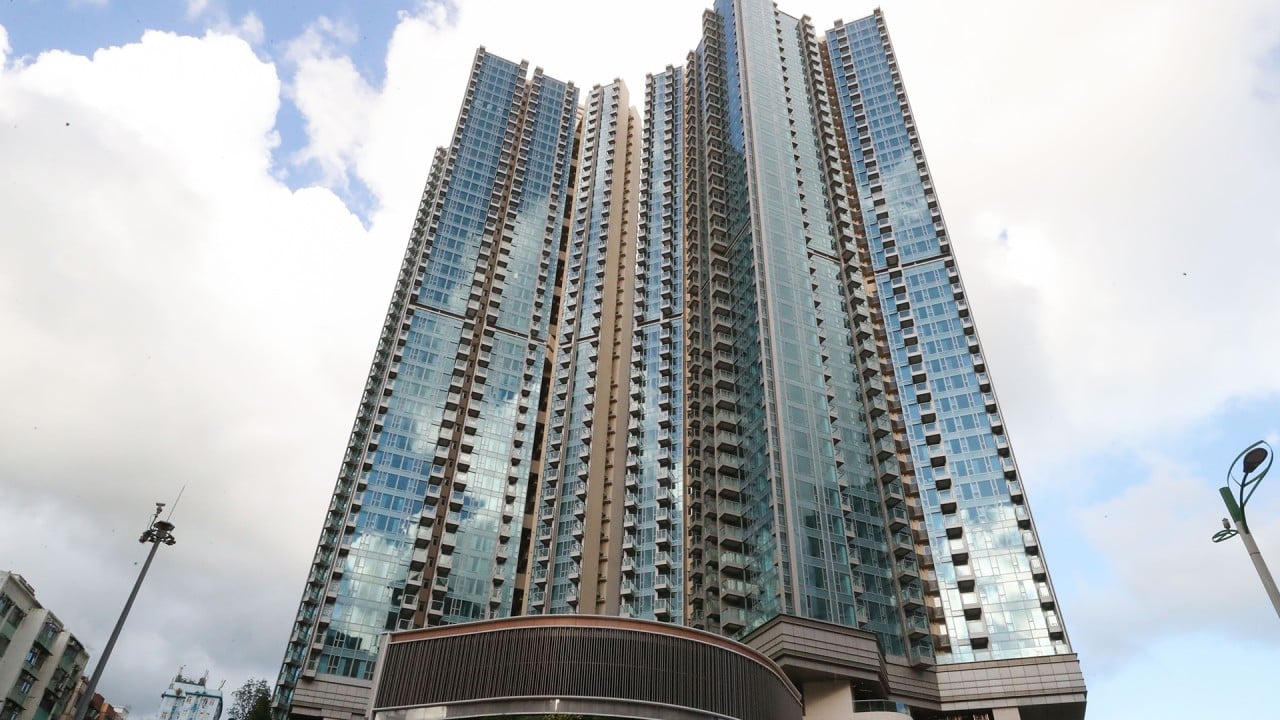
01:26
Hong Kong tycoons offer HK$10.8 million flat to boost Covid-19 jabs
After mounting a hard-fought campaign to secure 15 million vaccines from BioNTech and Sinovac, enough to cover the city’s population of 7.5 million, the government said on Tuesday it could postpone delivery of some batches or donate unused doses to other places, a move branded by one health expert as a “threat” to Hongkongers.
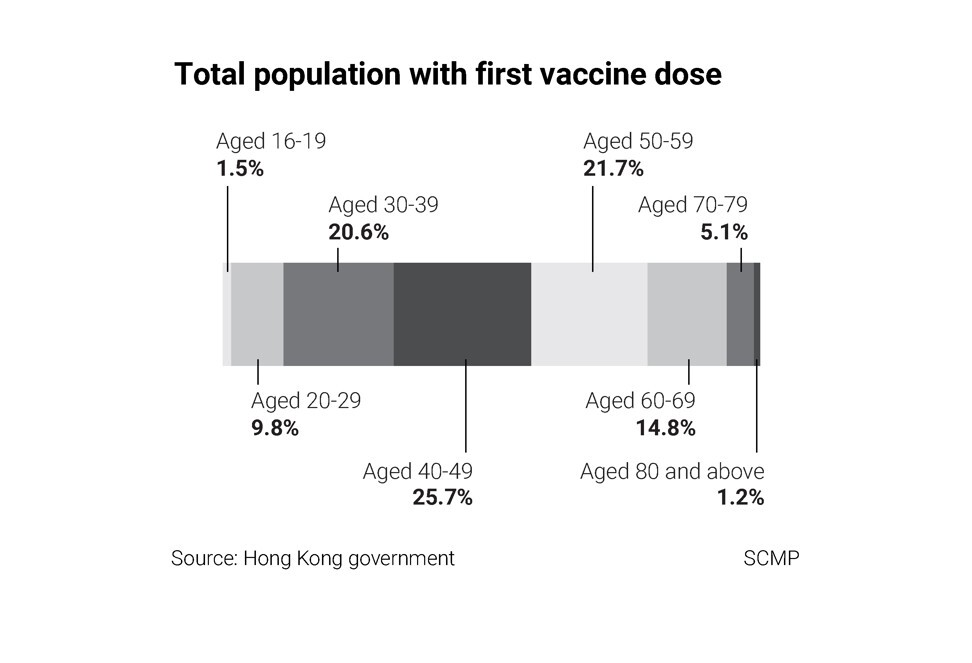
The city has been struggling with a lacklustre vaccination drive, with only 2.25 million doses administered, out of a total of more than 4 million that have arrived. As of Sunday, slightly over 1 million residents, or 13.4 per cent of the population, were fully vaccinated with two jabs, far below the required mark for herd immunity, or 70 per cent as some scientists estimated. A further 354,700 people have received their first jab.
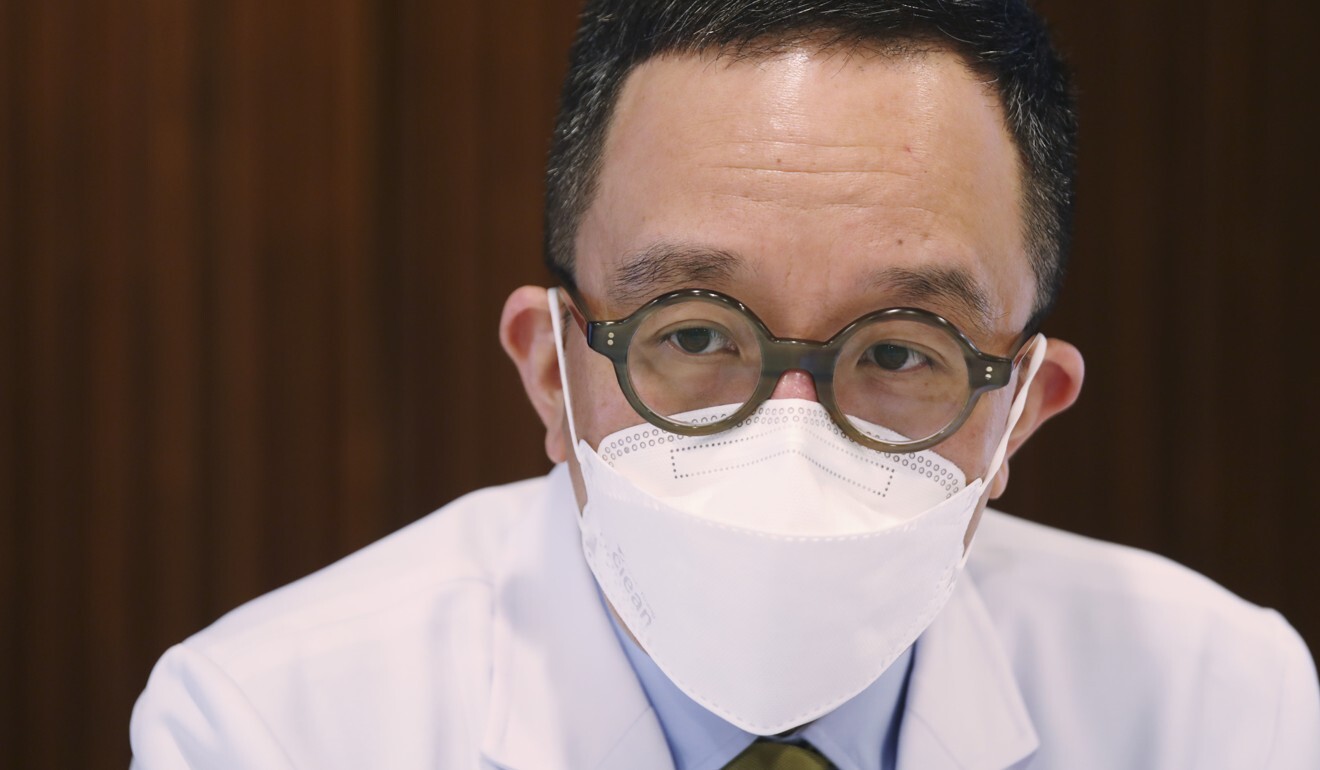
In an interview with the Post, dean of the University of Hong Kong’s faculty of medicine Professor Gabriel Leung, who also advises the government on anti-pandemic strategies, said the decision to give away surplus jabs could raise alarm bells for some Hongkongers still adopting a wait-and-see approach. But Leung added more was needed to drive home the message of vaccination.
“It is of course ethical to donate our surplus jabs. We are among the luckiest on the planet to have vaccines available for all residents,” the epidemiologist said.
Leung noted Hong Kong had become a victim of its own success, as effective control of the epidemic brought daily coronavirus caseloads to zero in recent days, which lessened the sense of urgency for some people to get vaccinated.
“But Hongkongers need to be told that if they wait until the fifth wave has arrived, the risk is there may not be jabs available, as they will need not just two jabs, but 14 days more after that [for full protection].”
Leung added the disposal or donation of jabs might harm Hong Kong’s prospects of future doses, as the city would have a track record of inefficient usage, resulting in suppliers prioritising other countries or cities in need.
That message should be carried forward by non-official ambassadors or key opinion leaders, to hesitant Hongkongers, particularly those in the age brackets of 16 to 19 and 20 to 29, who were among the fewest vaccinated at 1.5 and 9.8 per cent respectively, but yet most receptive to peer influence, according to Leung.
From free flat to cash prizes – what will it take to push Covid-19 jabs?
The government and the business community have been urged recently to provide more incentives, including cash, to mobilise vaccinations.
Leung said he believed the government should take bolder steps, such as further easing some public health restrictions to entice people – something he had been championing.
“The government should not do halfway-house policies. If it believes in science, it should have exempted quarantine altogether for overseas arrivals who have been fully vaccinated and can show a negative PCR [test] and positive antibody result,” Leung said.
“After all, aren’t those two results the same criteria we use to discharge recovered patients from hospitals? We don’t discharge them from hospitals and put them in Penny’s Bay quarantine centre afterwards.”
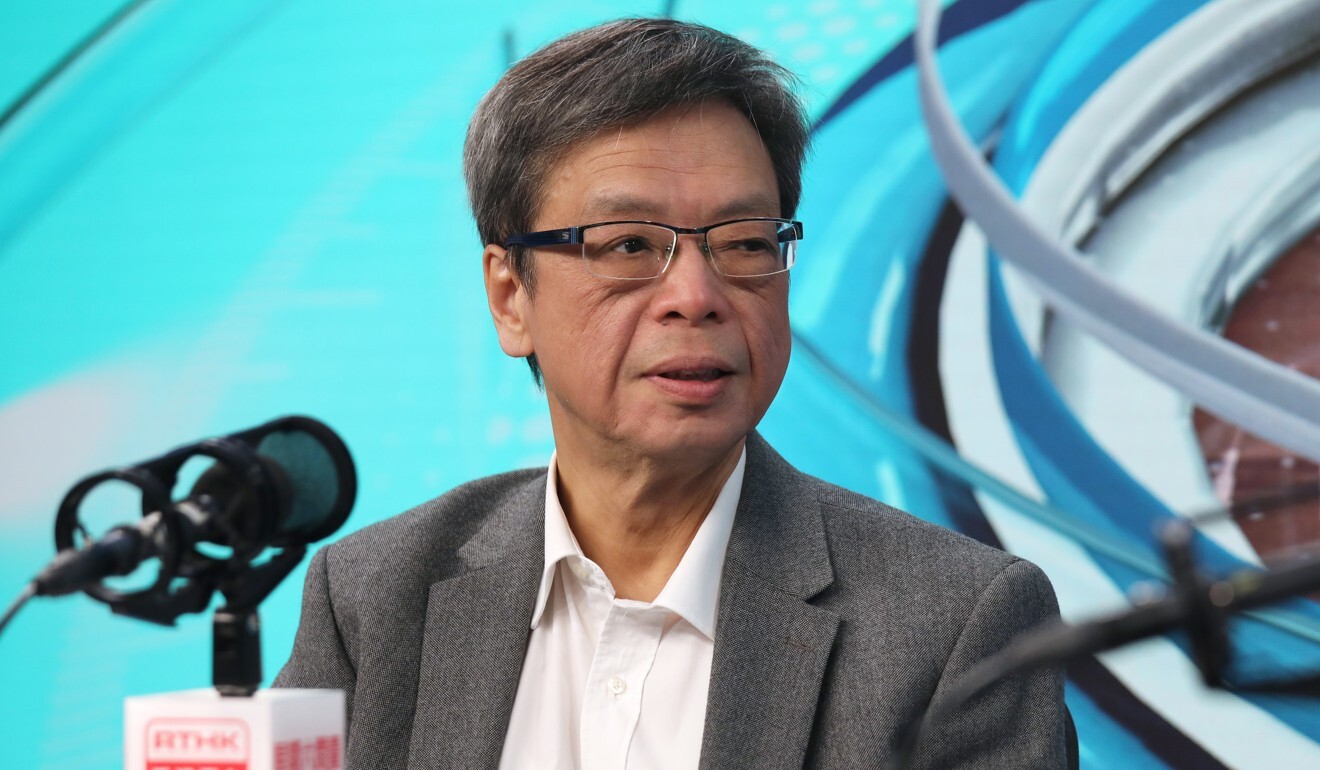
Infectious disease expert Dr Leung Chi-chiu, who said the donation of vaccines amounted to a threat, also added the government should explain more. He said the risks of vaccination were blown out of proportion by sceptics at the outset of the programme.
“Misunderstandings have been formed and it is difficult for people to change,” Leung said.
He gave the example of many going for full-body check-ups before deciding on whether to take the vaccine. “Billions of people around the world have taken vaccines and it has proved to be safe and effective. So, why do we need to have body check first? How healthy should you be for the jab?
“In a sense, if you have chronic illnesses, perhaps you have a bigger need to take the jab, otherwise you could be in deeper trouble if you are infected.”
He agreed that the government could consider offering prizes or other financial incentives to encourage people. But he also said: “If you have to resort to offers or prizes to lure people to take the vaccines, it could risk reinforcing the misconception that the vaccines must have some problems, otherwise why offer prizes as compensation?”
More than 20,000 Hongkongers could be hidden carriers of Covid-19: study
Public affairs and communications experts agreed the government needed to raise its game in vaccine messaging.
Andy Ho On-tat, who was a senior aide handling public relations for the administration of former Hong Kong leader Donald Tsang Yam-kuen, said he suspected the government had veered from the usual practice of conducting an opinion survey to find out people’s views or concerns over vaccinations.
“When it comes to convincing people to get vaccinated, carrots can work,” Ho said.
But he added that using the incentive of reopening borders for quarantine-free travel with the mainland could lead sceptics to dig in their heels.
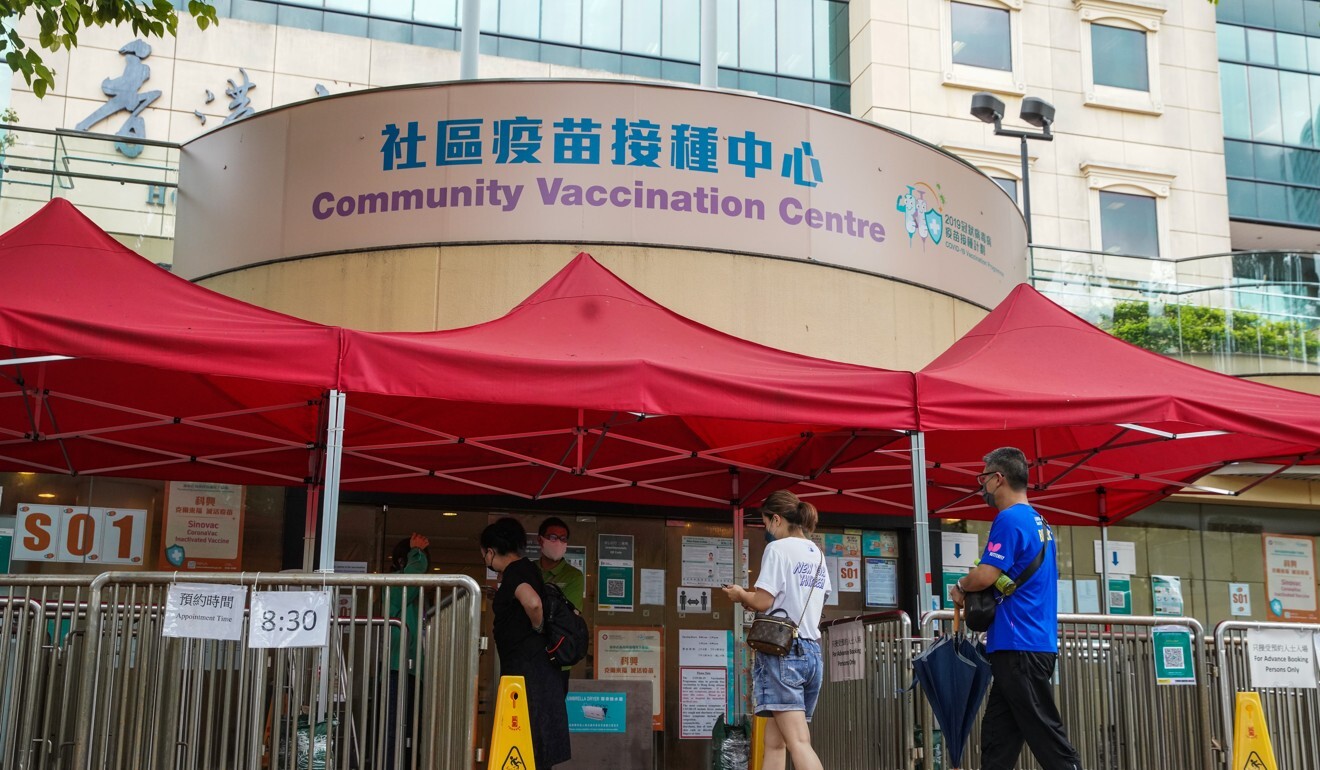
“No one knows when the borders can reopen or when normal travel will return. People will just wait, especially for those who do not feel any urgent need to take the shot.”
He added: “I hope the government did not mean to threaten Hong Kong people by saying it will throw away the unused vaccines or donate them to other countries. This could backfire. Those who are hesitant might think it is a good idea to send some unused vaccines to poorer countries.”

